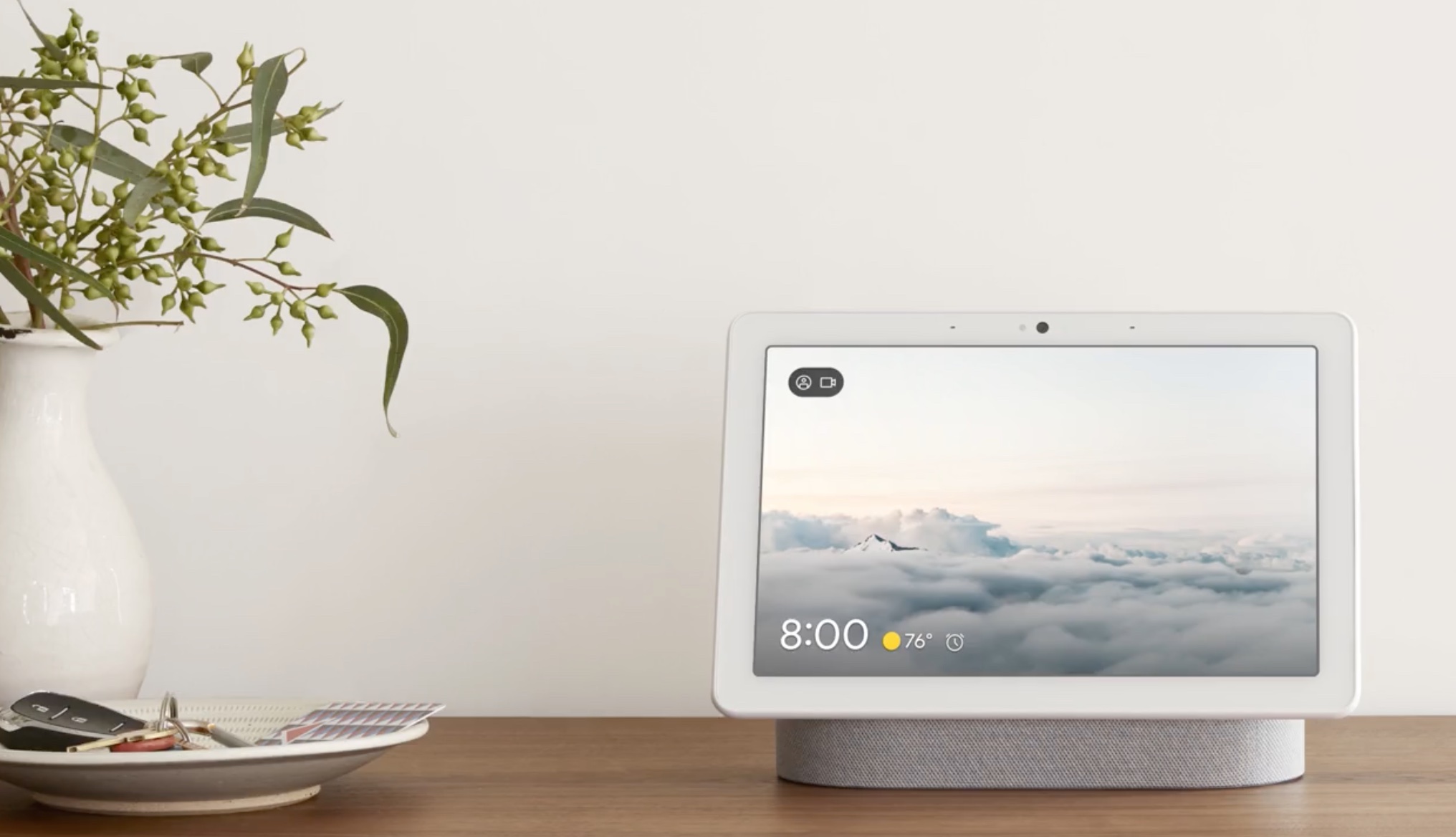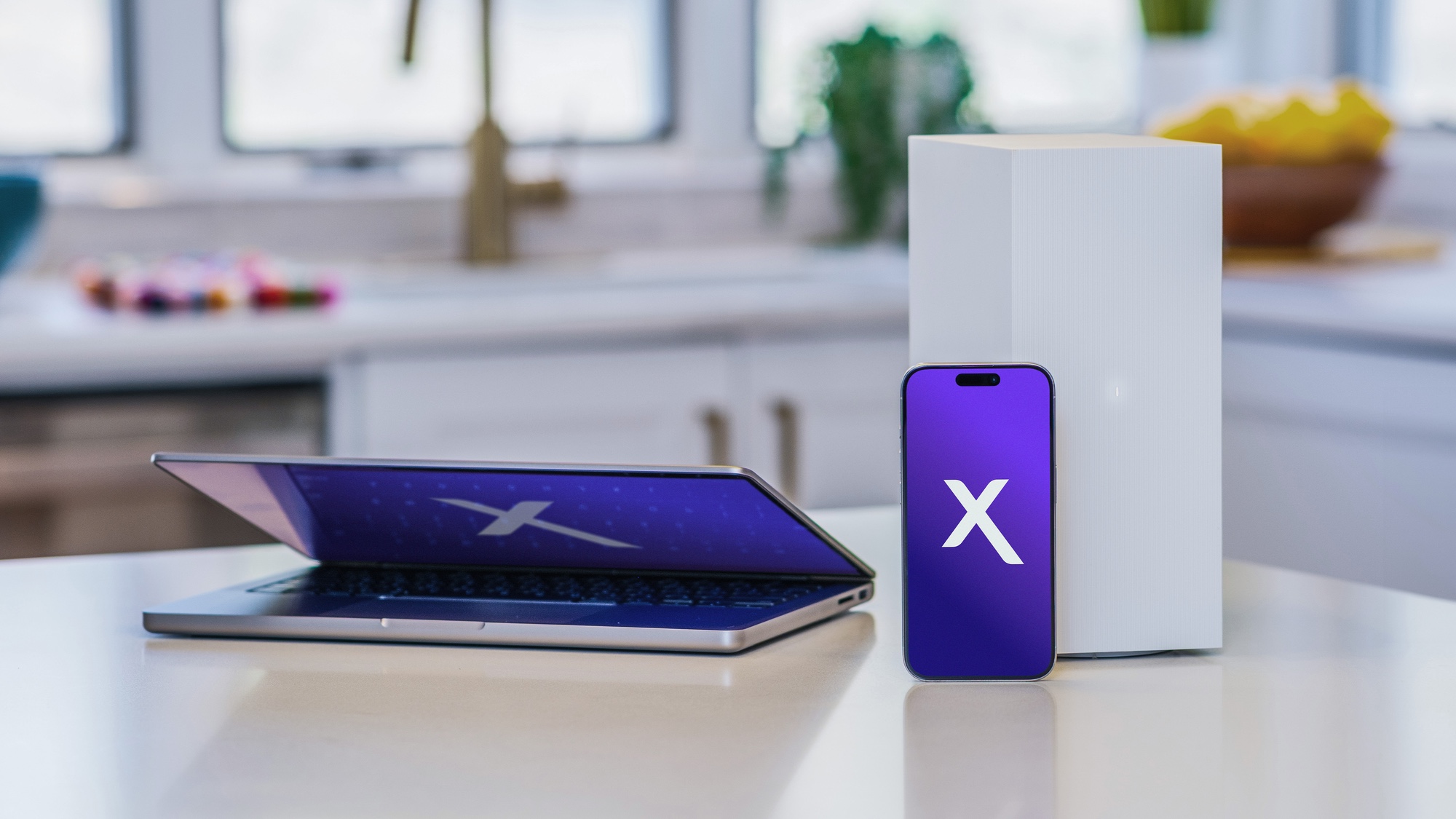Google Nest Hub 3 could have this radical new design
A tablet and smart display in one?

Google’s third generation of Nest Hub could offer a bold new two-in-one design with a detachable tablet, 9to5Google reports.
According to “a source that has proven familiar with Google’s plans”, the screen will essentially be removable, functioning as a tablet on the go and reverting to a passive smart display when docked on its speaker base. It will apparently be revealed later this year.
Given the current Nest Hub is essentially a screen affixed to a speaker base, it may not ultimately look that different when in smart screen mode, so it feels like a sensible move. Indeed, the idea isn’t wholly original, with Amazon introducing Show Mode to certain Fire Tablets, allowing them to become a makeshift Echo Show when docked.
But for Google, it presents a different problem: what’s the best operating system for this new-look device and showcasing Google Assistant’s smart screen abilities?
Android, Chrome OS, Fuchsia or something else?
The report is light on important details, including the size of the screen and its internals, but the most interesting question is what operating system the device will end up using.
On paper, this seems like a simple question to answer: Android — the operating system that Google itself develops for both smartphones and tablets.
But notably, neither of the previous two generations of Nest Hub use it. The first generation uses Fuchsia, while the second switched to Chromecast OS. Smart displays with the latter were recently updated to include a rudimentary app drawer, but app support is still limited, so it’s unlikely that this would satisfy someone seeking a full tablet experience.
Sign up to get the BEST of Tom's Guide direct to your inbox.
Get instant access to breaking news, the hottest reviews, great deals and helpful tips.
Then there’s Chrome OS, something that Google has used on tablets before with the ill-fated Pixel Slate, which was memorably discontinued after just one generation.
While that was Google’s last attempt at a first-party tablet, adoption of Chrome OS for the next Nest Hub doesn’t feel likely. Not only has Google been working to make Android 12L more tablet friendly, but, as 9to5Google points out, Chrome OS would likely require too much processing power for the more budget-friendly Nest line.
But that does bring up another interesting point: smart screens don’t need very much power, given their streamlined nature. A tablet with the same kind of processing power would likely feel a bit underwhelming, given how much more it has to do. And doubly so when you open it up to third-party apps — which any self-respecting buyer would definitely want to do.
All of this does seem to point in the direction of Android. But what kind of power and — more importantly — price we can expect is a mystery for now.
Freelance contributor Alan has been writing about tech for over a decade, covering phones, drones and everything in between. Previously Deputy Editor of tech site Alphr, his words are found all over the web and in the occasional magazine too. When not weighing up the pros and cons of the latest smartwatch, you'll probably find him tackling his ever-growing games backlog. Or, more likely, playing Spelunky for the millionth time.

